Africa must work together on a practical energy mix
With Africa facing constant, dynamically shifting energy challenges, it’s critical to move beyond a polarised debate and to work together on a practical energy mix that includes oil, gas and renewables while putting the continent’s needs first, writes Paul Sinclair.
As we mark Africa Month, and appreciate the power of continental solidarity, it may be useful to also acknowledge the importance of multilateral collaboration to solve the continent’s energy challenges, so it can assume its rightful role as a global energy player.
To achieve all of this, we must unite the energy industry. We all agree that climate change is a collective responsibility. But we also need to defend the right of Africa to sustainably develop its resources, encourage renewables, and expand access.
Aside from the use of biomass for heating and cooking, Africa currently generates an estimated 89.9% of its energy through fossil fuels – oil, natural gas, and coal. It is not a simple case of switching off oil and gas. It must be a transition.
A transition is, by definition, a process of changing from one state to another. Industry and political leaders must come together to discuss how we navigate this change, sustainably developing oil and gas for the benefit of our region as a part of a move to a balanced energy mix.
That will require unity. Climate change is a reality, and it’s necessary that renewables advocates be heard. However, oil and gas are still Africa’s fundamental economic growth engine.
As Africa’s growth only now starts to gather pace, it is a moral imperative that Africa be allowed to do what all the affluent nations of the Global North had a chance to do – to industrialise.
Giving the continent the opportunity to do that will require the contribution of all stakeholders. This is an urgent need, given Africa’s extreme energy poverty. The International Energy Agency estimates that 600 million people, or 43% of Africa’s population, lack access to electricity.
Agreeing on a united, balanced energy approach may require a visionary dialogue that considers economies reliant on natural-resource development as well as renewable energies and sustainable, low-carbon barrels.
A recent PWC report estimates that by 2050, Africa’s electricity needs will double to around 1 735 TwH. African nations can now meet these requirements through a broad range of energy sources. These include oil, natural gas, coal, nuclear, hydro, bioenergy, solar, wind, as well as geothermal and traditional biomass sources.
At the same time, geopolitical relations are as complex as ever. On top of the economic matrix of industrialised and emerging nations, Russia’s invasion of Ukraine has led to greater political polarisation and throttled gas supplies. Then there are historical dynamics around political and financial colonialism. China has also emerged as a global superpower, while Africa has the world’s fastest-growing population and is a critical global market.
The energy dynamics are also complex. Africa has proven oil reserves of 125bn barrels, and 16 trillion standard cubic metres of gas. With the need to mitigate emissions, oil firms now use solutions like carbon capture, flare reduction and subsea upstream technology to develop oil reserves with a lower carbon intensity. It isn’t a question of whether fossil fuels should be used, it’s a question of how we harness innovation and technology to both protect the environment and the livelihoods and future prosperity of Africa’s people.
In short, a polarised approach will not work. We must work together. Accepting that oil and gas is here to stay for some time, how can Africa harness its full natural resource potential in a responsible, sustainable way?
EIA projections are that by 2050, global energy demand will have risen by 47%, with liquid fuel providing 28%, compared with renewables at 27%. This assumes a 36% increase in liquid fuel demand and a 165% increase by renewables from 2020. As the North continues to pivot on climate change and energy needs, even commissioning new gas-to-power stations, we ask the question: Why can’t sustainably developed African natural gas be the solution?
Africa is rapidly upscaling its renewables capacity, but from an extremely low base of around 60GW. The PWC report notes that for Africa to meet its energy-access needs, as well as its 2050 decarbonisation targets, would require expanding those 60GW of installed renewables to a massive 2 413GW – an “extraordinary”, if not improbable, expansion of more than 20% per annum.
Reconciling these dynamics will take a new level of multilateral collaboration. Africa should be at the top table when defining its own energy future and must be a part of the global solution to the world’s energy challenges, while putting the interests of its own people first.
Africa cannot accept a simplistic narrative that all of its energy must now come from renewables. It must use the resources at its disposal and develop mature policy for an inclusive energy mix, as responsibly as it can, with the expertise of all role players. We dare not throw the baby out with the bathwater by abandoning the oil and gas that currently meet almost all of our energy needs.
Getting to a point of Net Zero, while raising African living standards will require an energy transition that includes fossil fuels and renewables. The energy transition must happen via a series of dynamic, shifting solutions.
This simply cannot be achieved through a polarised energy debate. To develop a new, workable energy mix, we need to set aside our differences and build a network of strong, sophisticated relationships across the energy sector.
Those relationships must balance considerations such as global trade, geopolitics, carbon emissions and – vitally – Africa’s need for development and the upliftment of its people.
In Africa Month, which commemorates the founding of African Union predecessor the OAU, it’s fitting to consider the importance of collaboration on such matters of mutual interest, to serve the greater good.
Platforms for multilateral engagement already exist – our Africa Oil Week and Global Energy Africa events among them. It’s critical that we use these forums to build partnerships, enhance our understanding and map a future energy path for Africa that meets its energy needs of today.
Paul Sinclair is vice-president, energy for Africa Oil Week and Global Energy Africa. The events take place in Cape Town from 9-13 October 2023.






_weblogo_2.png?ext=.png)
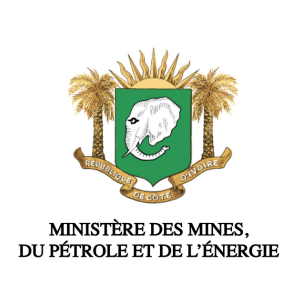















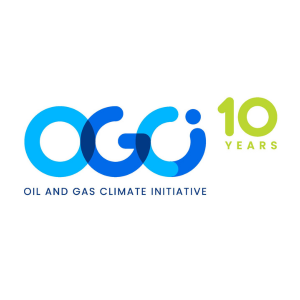


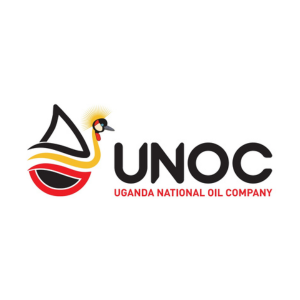
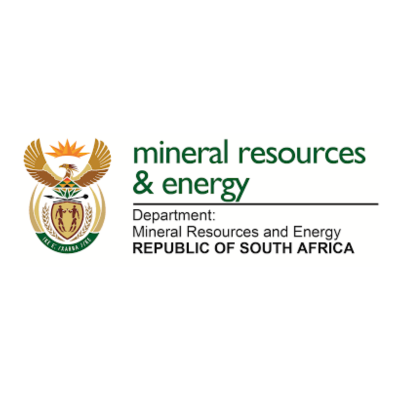
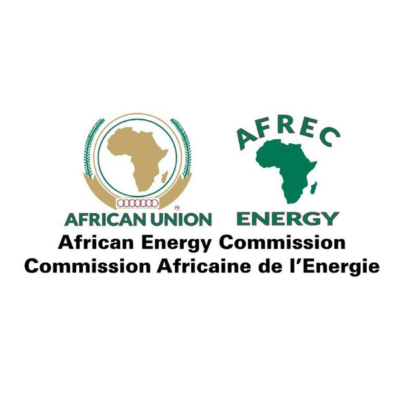
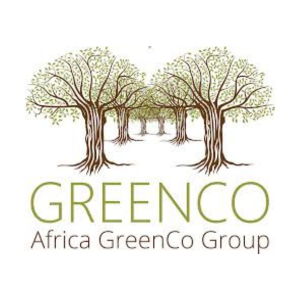
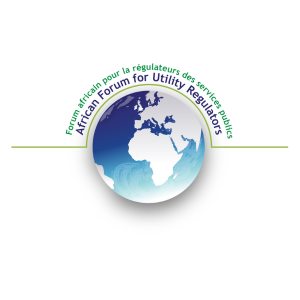



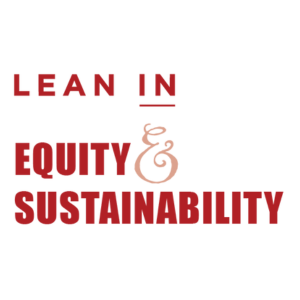





.jpg?ext=.jpg)
